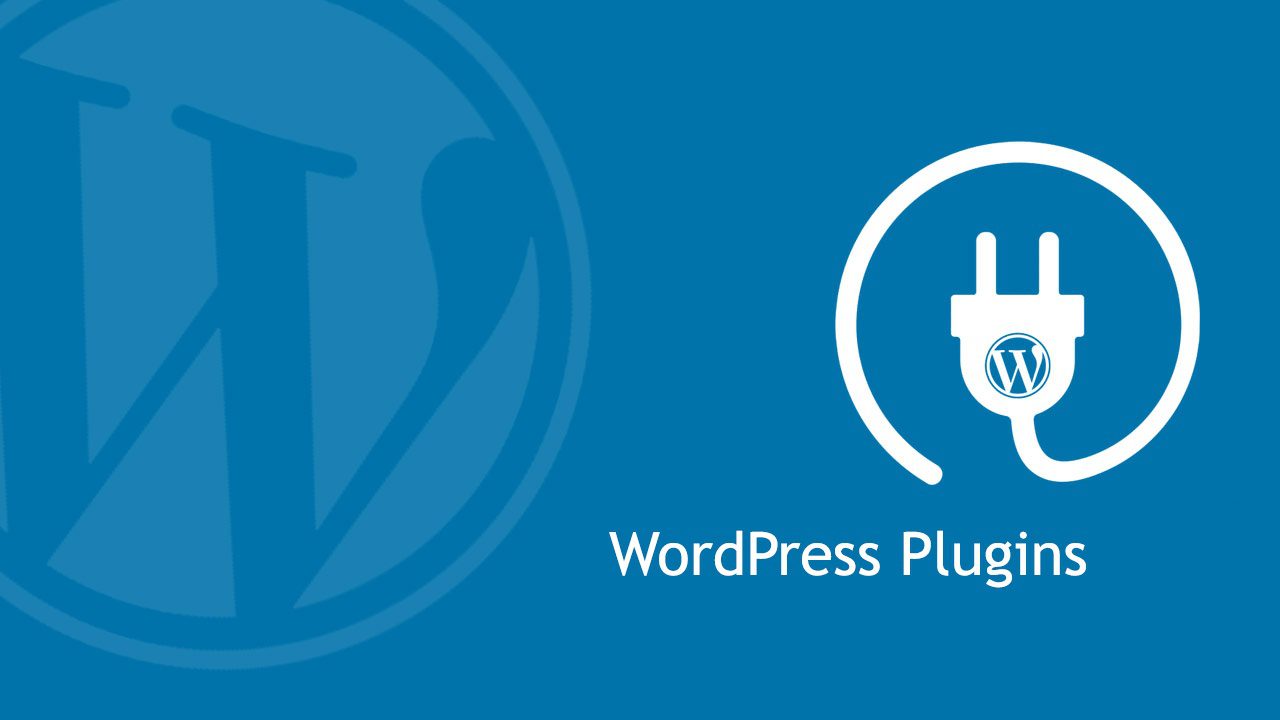After a seemingly endless amount of time after year, WordPress positions as one of the top site building devices accessible. This simple to-utilize CMS (content administration framework) programming is learner inviting, offers an assortment of plans, and permits you to rapidly make and deal with a special and utilitarian site for your guests. Whether your website is an ecommerce selling pianos or wireless camera doorbell or if you have a blog website, wordpress makes your work a lot easier.
In case you’re hoping to manufacture a site on WordPress, one of the main inquiries you may wind up posing is, “What’s the difference among WordPress.org and WordPress.com?”
WordPress.org is a self-hosted, free stage in which you buy and deal with all parts of your site including your area name, additional items, security, and code. WordPress.com has your site for you, offers various installment plans, gives you access to a space name, and an assortment of default highlights.
Difference between Wordpress.org and WordPress.com
Cost
There are a number of different WordPress plans to choose from that range in price. No matter your budget, you can find an option that meets your needs without breaking the bank.
Cost of WordPress.org
WordPress.org is in every case free. Be that as it may, on the grounds that it’s just a distributing stage, you’ll need to buy each other component of your site including your outsider facilitating supplier, space name, just as your subjects and templates, plugins, and additional items. You’ll additionally need to figure out how to deal with your site’s security and keep up and alter your site’s code.
Cost of WordPress.com
WordPress.com has four different plans that range in price. There is a fundamental arrangement that is in every case free, an arrangement perfect for individual use that costs $4 every month, an excellent arrangement that costs $8 every month, and a marketable strategy that costs $25 every month. As you stir your way up through the more costly plans, the more highlights and levels of customization you will have the option to exploit on your site.
On the off chance that you pick the free alternative, you will be offered WordPress facilitating, a space name, and negligible access to WordPress support. On the off chance that you pick one of the three paid choices, you’ll have the option to include a facilitating supplier based on your personal preference and a custom area name. You will likewise be offered broad help and customization alternatives.
WordPress Hosting Providers

A hosting provider gives your site a spot to “live” on the web. Picking the privilege of facilitating suppliers for WordPress is pivotal in light of the fact that it will affect your site’s usefulness, speed, unwavering quality, security, and the sky’s the limit from there. We should survey the contrasts between site facilitating with WordPress.org versus WordPress.com.
Hosting for WordPress.org
In the event that you pick WordPress.org you’ll need to self-have your site, which means you’ll host to buy a third-get-together supplier, for example, WP Engine, Kinsta, or InMotion Hosting. There are many hosting providers accessible.
Hosting for WordPress.com
WordPress.com offers distinctive hosting bundles for you to utilize. In the event that you pick a paid adaptation of WordPress.com, you can choose whether or not you need to utilize WordPress’ hosting administration or on the off chance that you need to utilize an outsider supplier — as you would with a WordPress.org plan — you as of now feel emphatically about or have related knowledge utilizing.
Pros and Cons of Self-Hosting
There are a lot of advantages that originate from self-hosting your WordPress site, as you would with a WordPress.org site. In any case, there are additionally a ton of difficulties to know about that regularly make WordPress.com arrangements ideal.
The professionals of self-hosting incorporate having unlimited authority over everything that goes into the formation of your site, and the capacity to deal with your site’s security and alter your site’s code. You likewise have the chance to discover, purchase, and introduce an outsider hosting supplier based on your personal preference, make a custom area name, and find various topics, plugins, and additional items that work for your site and needs. In the event that you pick a hosting course, you utilize the WordPress stage for nothing.
The cons to self-hosting incorporate having to really invest the energy to discover, buy, and introduce a perfect outsider hosting supplier for your web-page, figure out how to make an area name, and recognize the subjects, plugins, and additional items that bode well for your site. You likewise need to have some kind of information in web development as you’ll be the one dealing with your site’s code and updates.
WordPress Plugins

In case you’re hoping to add to the variety of highlights you have on your WordPress site, you’ll have to introduce plugins. Plugins are the means by which you improve your site’s usefulness by including abilities that don’t come standard with the product. Since there are more than 56,000 alternatives accessible.
WordPress.org Plugins
You’ll have to discover and introduce plugins yourself with a WordPress.org site. Since WordPress.org is just a stage and there aren’t any highlights that come standard with the arrangement, you’ll need to introduce some plugins all alone. You can scan for explicit subjects or things you need in the WordPress module library to limit a huge number of query items and discover a choice fit to your particular needs.
WordPress.com Plugins
With WordPress.com plans, some web based life, client collaboration, and investigation related highlights (that don’t come standard with a WordPress.org plan, for example, sharing, measurements, remarks, and surveys, are naturally included. To add to these default highlights, you can introduce WordPress-good plugins based on your personal preference. On the off chance that you pay for the most costly WordPress.com plan, you can likewise introduce custom plugins.
Author – Lakshya Chandnani, digital marketer by profession, and own a product review website named The Nonfictionz. I usually write blogs in my spare time.


